Multiple sources on social media reported that Michael Zulli, the artist best known for his work on The Puma Blues and several collaborations with Neil Gaiman, passed away on July 8th. He was 71.
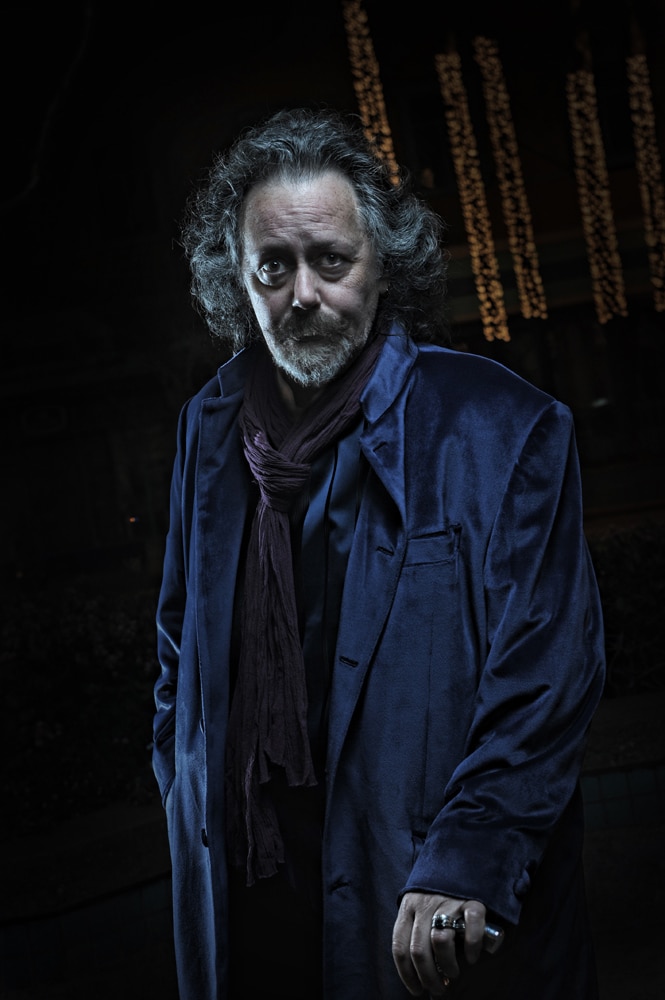
Zulli first came to public attention with his work on the independent comics series The Puma Blues with writer Stephen Murphy. The series set in the then future year of 2000 centered around a game warden watching over mutated animals that talked. The psychedelic science fiction series dealt with environmental issues while the main character went through his own existential crisis. Even reading The Puma Blues today, one gets the sense that both Zulli and Murphy created a work of pure comics, something that only works in the comics medium.
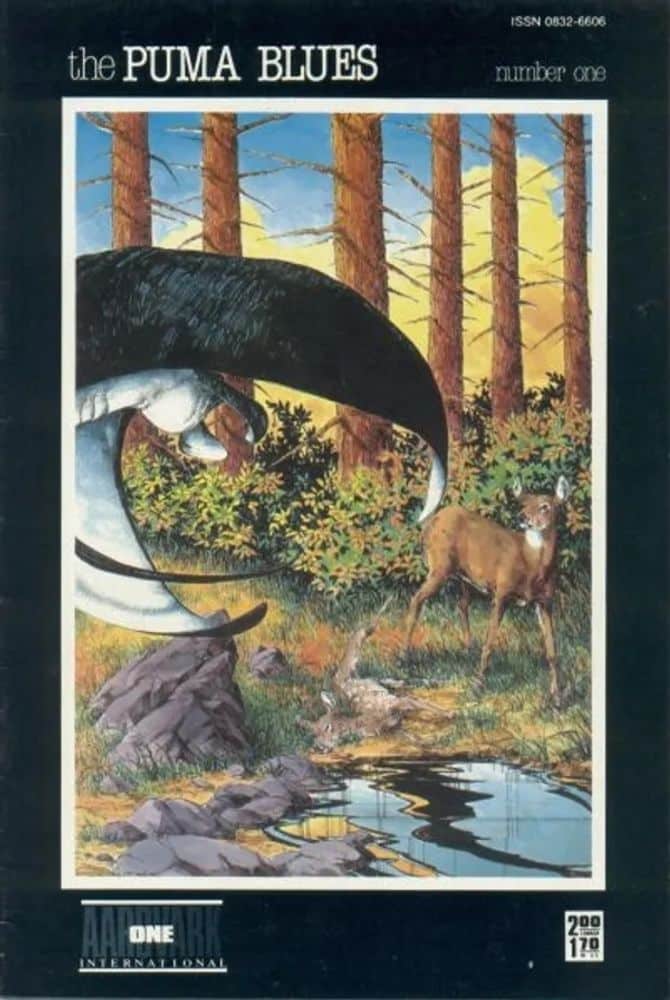
The main draw of the series was Zulli’s incredible artwork. The man was a master of pen and ink drawing. Prior to making comics, Zulli was a wildlife artist and each page of The Puma Blues showcased his ability to render natural environments and animals in considerable detail. He brought a true sense of naturalism to his pages through his delicate, expressive line work. There wasn’t anything quite like The Puma Blues before or since.
After The Puma Blues finished it’s initial run, Zulli was commissioned to draw Mirage Studio’s cultural behemoth Teenage Mutant Ninja Turtles, creating the controversial “Souls Trilogy” in issues 31, 35, and 36. The story generated controversy among fans at the time due to Zulli drawing the Turtles in his realistic style. It was shock to many readers more accustomed to the characters more Jack Kirby inspired look. Yet even today it remains one of the more unique takes on those iconic characters, akin to Bill Sienkiewicz taking over New Mutants.
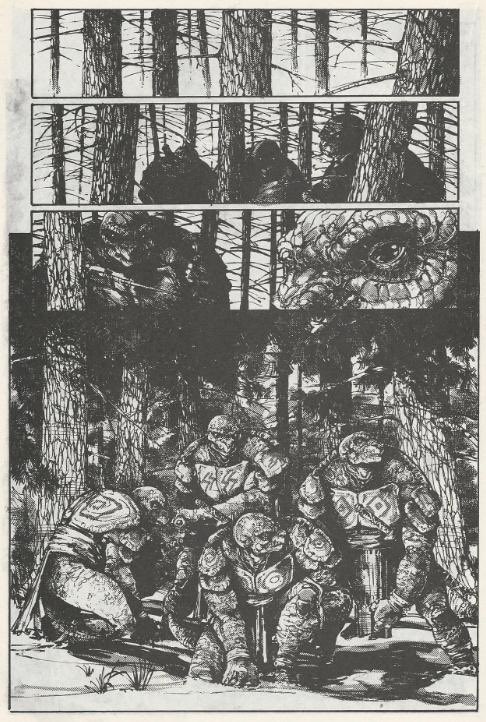
Another controversial Zulli drawn comic around the same time was the infamous Swamp Thing #89. The story, written by Rick Veitch, had the character during a time travel story arc encounter Jesus Christ. The story has yet to see the light of day. However, Zulli’s art for the issue can be found floating around online.
However, this wasn’t much of a set back as Zulli soon became a mainstay at DC’s new mature reader oriented line Vertigo. He would draw several issues of the Neil Gaiman written series Sandman, including the issue that introduced the immortal Hob Gadling and the final story of the series “The Wake”. Again his unique brand of naturalism allowed him to put his stamp on iconic illustrations for characters from the line such as The Endless and Swamp Thing. He and Gaiman also collaborated on a never completed Sweeny Todd serial in influential horror anthology Taboo.
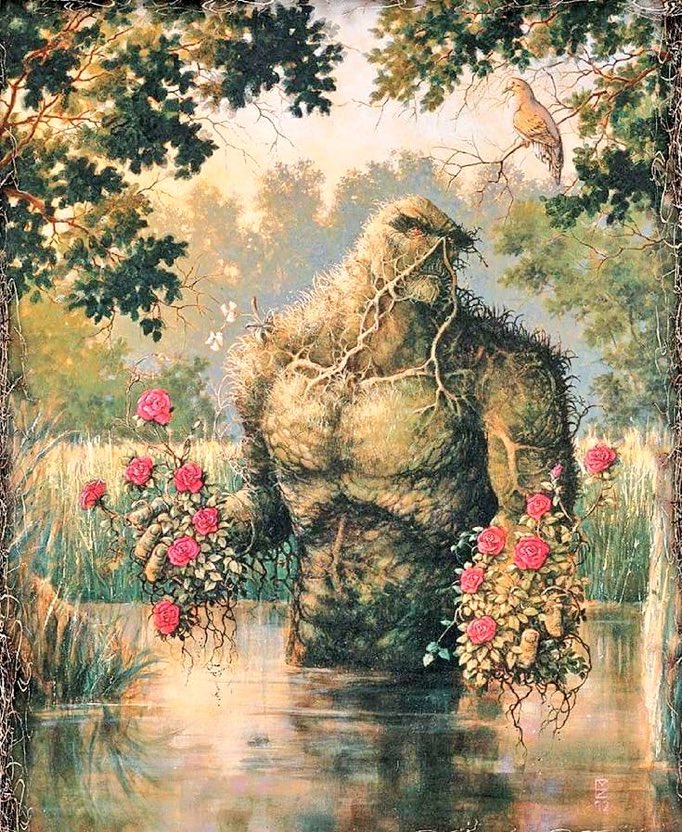
Zulli’s output for American comics slowed down after the turn of the century. In a 2016 interview with The Comics Journal, he attributed this to changes in the landscape of American comics. He contributed to various anthologies and surprisingly an issue of Witchblade in 2001. Two of his last long form works were another collaboration with Neil Gaiman, The Facts in the Case of the Disappearance of Miss Finch in 2007 for Dark Horse, and the graphic novel The Fracture of the Universal Boy in 2011. Most of his work until his death was in painting.
Fittingly his last published comics was 40 new pages for a collection of The Puma Blues for Dover Press in 2015. He and writer Murphy reunited to complete their story after the last issue was published in 1989. It seems fitting that the series that made his career was the last he worked on in comics.
Upon the news of his death, tributes for the artist came from multiple comics creators on social media, both from collaborators and from artists inspired by him.
https://www.instagram.com/p/C9QsBXwtnlr/?utm_source=ig_web_copy_link&igsh=MzRlODBiNWFlZA==
https://www.instagram.com/p/C9Qt7loN8JP/
https://www.instagram.com/p/C9QsmBkpmbz/
So sorry to hear that Michael Zulli has passed. Honored to have had his lovingly detailed, evocative art grace many stories at Vertigo. Among them,”Men of Good Fortune” & “The Wake” in Sandman, that Swamp Thing poster — so beautiful. RIP Michael, you will be missed. pic.twitter.com/xC4ATIhsfk
— Karen Berger (@karenpberger) July 11, 2024
The Michael Zulli issues of TMNT (31, 35, 36) are absolutely amazing. Look at that Shredder! Shattering the teacup is one of my favorite panels ever. pic.twitter.com/uRvyEAFyWJ
— Chris Burnham (@TheBurnham) May 30, 2020
Michael Zulli! Fondly remember copying his stuff from Sandman: The Wake with my coloured pencils and my solitude, it seemed like ‘proper art’ to pretentious young me. Pretentious old me however is all about his Longshot comic with DeMatteis pic.twitter.com/5OuY8QtkRW
— Paul (@PaulJonMilne) July 10, 2024
No cause of death was reported at the time of publishing this article. Zulli is survived by his widow.

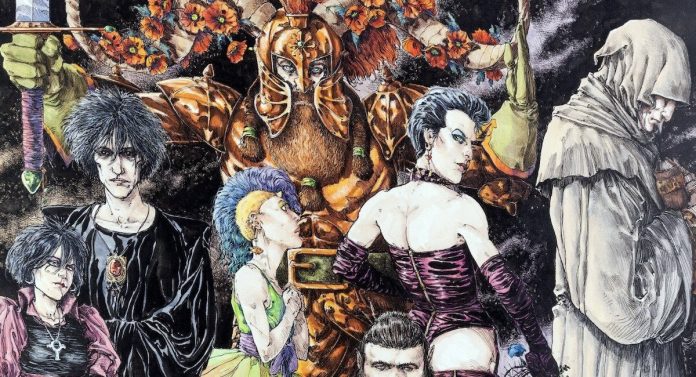
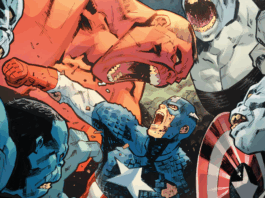
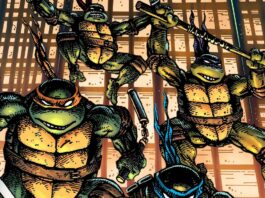
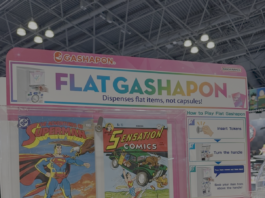
Infrequently ran across his work, but always blown away by it. Besides his work on Sandman, I also loved his work on the final issue of DC’s 1997 The Shade series.
Comments are closed.